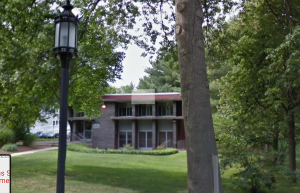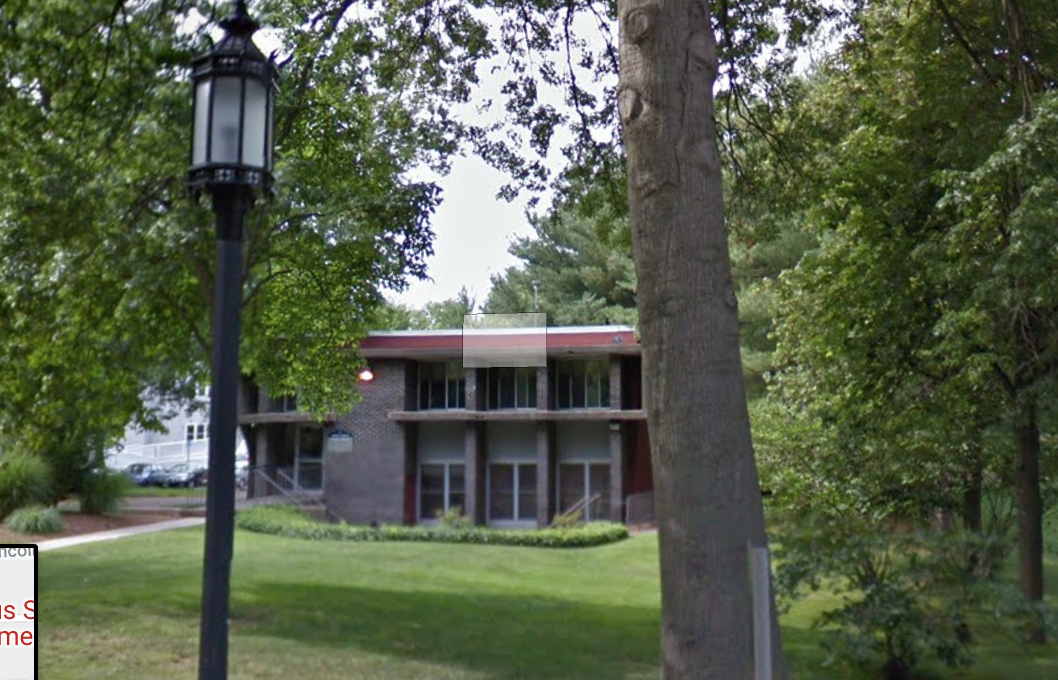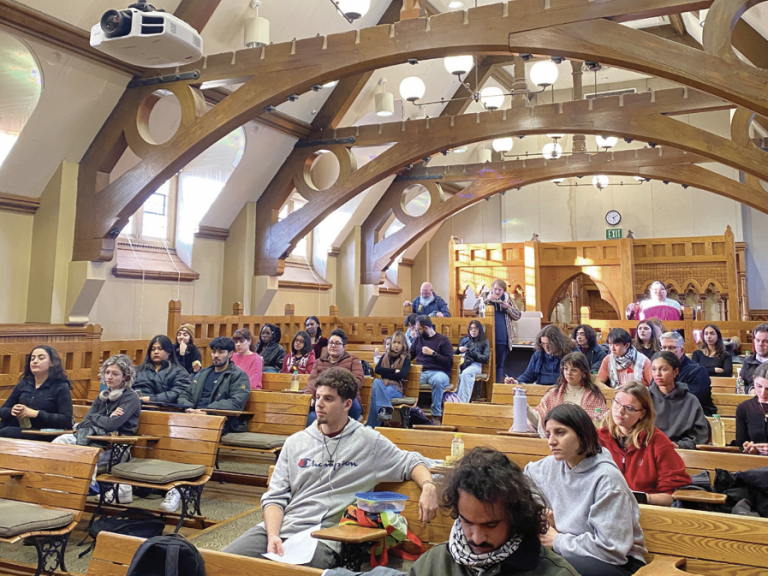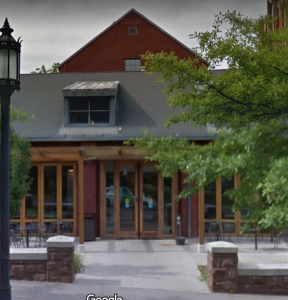Gillian M. Reinhard ’20
Editor-in-Chief
Brendan W. Clark ’21
Managing Editor
Trinity College is facing a lawsuit alleging sexual harassment and employer retaliation. The suit, filed in the United States District Court of the District of Connecticut, was brought by former Campus Safety Dispatcher and Officer Thomas Cashman. Cashman, the plaintiff, brought this action against defendants Brian Killian, a former employee of the Campus Safety Department, and Trinity College.
The Tripod obtained access to the legal court documents (Cashman’s complaint, Trinity’s response, Killian’s response and the docket), which characterized the case as one of “systemic discrimination, sexual harassment, hostile work environment, and retaliation.” The suit alleges that two separate incidents of sexual harass

ment were perpetrated by Killian, who has since been terminated by the College. The first, on Jun. 16, 2016, occurred while Killian was allegedly the supervisor of Cashman’s shift. The documents note that Killian asked Cashman to look at him and, upon turning around, Cashman saw “two wiggling fingers sticking out of Killian’s pants, through his zipper…portending to be Killian’s penis.” Cashman told Killian that the action was “offensive and disgusting” and allegedly suffered great distress and mental anguish as a result. In Killian’s legal response, he denies all aspects of this initial accusation.
After the first incident, Cashman reported the action to supervisor and union representative Jon Edwards. Edwards, according to the complaint, assured Cashman that “Killian would be counseled and that the misconduct was a violation of their sexual harassment policy.”
Several months later, a second incident occurred on Oct. 1, 2016, during which Killian allegedly put “two of his [Killian’s] fingers sticking out of his zipper area.” Cashman alleges that another Campus Safety employee, dispatcher Tijuan Evans, joked that Cashman enjoyed the harassment.
The second incident was reported by Cashman directly to Director of Campus Safety Brian Heavren, who responded in a “dismissive” tone, according to Cashman’s complaint. On Oct. 2, Cashman also submitted a “case report detailing both incidents of sexual harassment” and provided the report to management at the College.
Cashman was subsequently informed by former Title IX Coordinator Timothy Dunn that there would be an “investigation” and “restraining order” imposed on Killian. Cashman alleges that the restraining order was never enforced and that, when he sought mental health counseling, his request was denied by Trinity. These allegations are denied by the College.
In November of 2016, Cashman applied for a promotion to Campus Safety Officer, which he was denied. Cashman previously held this position briefly during March of 2016, but an injury brought him back to the position of dispatcher. Cashman alleges that he did not get the position because of his complaints and was “snubbed,” particularly by Captain Ramon Rosario, an alleged friend of Killian’s. Again, Trinity denies these accusations in its response.
The same month, according to the complaint, Trinity College Human Resources investigated Cashman’s claims. The investigation concluded that Killian’s alleged misconduct was a violation of Trinity’s “zero tolerance” policy regarding sexual harassment. Trinity College admits to these statements.
During these hearings, Vice President of Student Affairs Joe DiChristina allegedly spoke on behalf of his friend, Killian, another accusation Trinity College denies.
Cashman’s complaint concludes its argument by stating the conduct of Killian, and by extension, the Department of Campus Safety, inflicted intense emotional stress in a “hostile work environment” on the plaintiff, including an “extreme panic attack,” which caused him to be admitted to Manchester Hospital.
Cashman alleges that he was subject to discrimination and sexual harassment by Trinity College under Title VII, that he was subject to retaliation under Title VII for his reporting of the incidents, that Trinity violated the Connecticut Fair Employment Practices Act (CTFEPA), and that the school is responsible for the negligent infliction and intentional infliction of emotional distress and seeks compensation.
Trinity College, in its answer to Cashman’s complaint, denied the charges and provided defenses including, among others, that Cashman has “failed to mitigate his alleged damages,” has “failed to state facts sufficient to constitute a cause of action” against Trinity, and that Trinity “would have made the same employment decisions concerning Plaintiff [Cashman] even in the absence of consideration of Plaintiff’s protected characteristics or protected activity.”
Killian, in his response to the complaint, denies that both the Jun. 16 and Oct. 1 incidents took place. Killian raises similar defenses to those brought by Trinity, including that Cashman has “failed to mitigate his alleged damages,” has “failed to state facts sufficient to constitute a cause of action” against Killian, and that “Plaintiff’s claims are barred…by the applicable statutes of limitation.”
The Tripod contacted lawyers for both Cashman and Killian for comment, but the requests were not returned. Trinity College, through its spokeswoman Kathy Andrews, also declined to comment on the nature of the ongoing litigation, however, Andrews did confirm to the Tripod that Killian is no longer employed by Trinity College.
On Jan. 9, 2019, the District Court of Connecticut set the discovery deadline for Apr. 2 and the deadline for dispositive motions for May 14.
Sexual Harassment Allegation Hits Trinity






+ There are no comments
Add yours